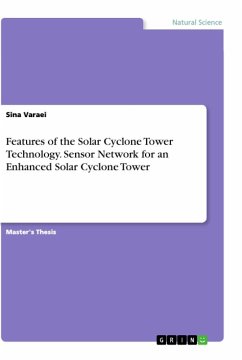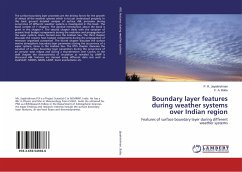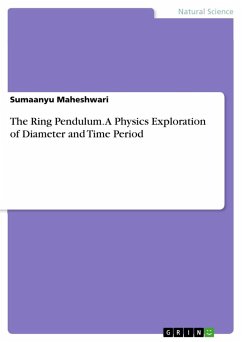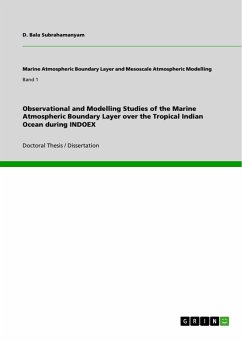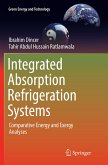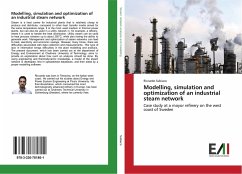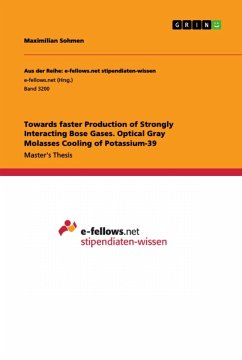Master's Thesis from the year 2019 in the subject Physics - Applied physics, Imperial College London, language: English, abstract: As the need to transition towards renewable energies becomes increasingly evident and a grow-ing number of regions are subject to more intense water stresses, various power-generation and electricity-production technologies are being developed. Among these, the Solar Cyclone Tower (SCT) appears to be a promising solution, for both electricity and water production, which is based on a renewable energy source: sunlight.In this thesis, the author explores the different features of the SCT technology, its operating concept and advantages. He also present a physical model which has been built for pedagogical uses. He discusses how the SCT's water and electricity production can be enhanced. Potential facilities which the SCT could host are also considered and the solar tower's overall advantages listed. We explain how various physical phenomena make environmental variables difficult to predict and challenging to probe. However, it is necessary to acquire real-time data on environmental variables such as temperature, humidity, insolation and airflow for a number of different reasons which he will discuss.He has thus undertaken a study and review of different temperature, humidity, insolation and airflow sensing technologies which are suitable for use in the SCT. He later characterised a simple temperature and humidity sensing device and, finally, presented the outline of a sensor placement algorithm and a method to find the optimal number of sensors.
Hinweis: Dieser Artikel kann nur an eine deutsche Lieferadresse ausgeliefert werden.
Hinweis: Dieser Artikel kann nur an eine deutsche Lieferadresse ausgeliefert werden.

